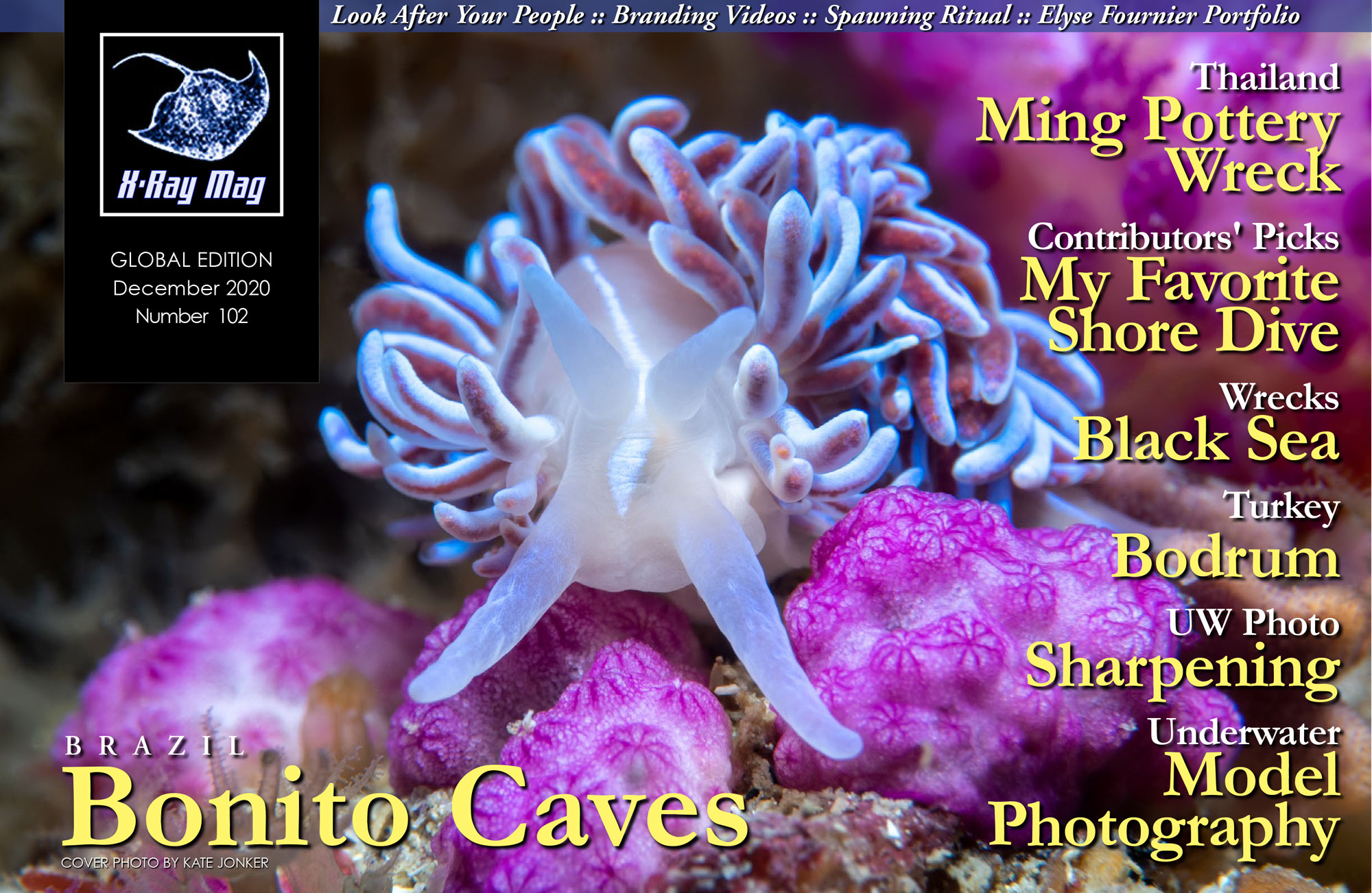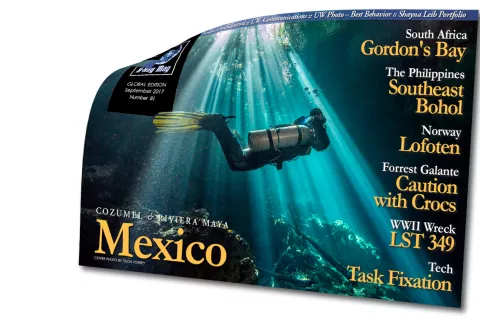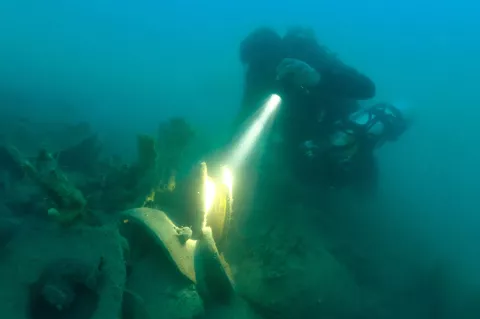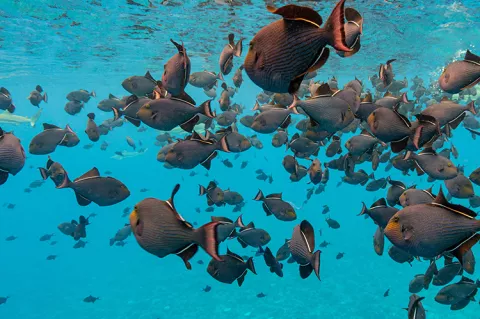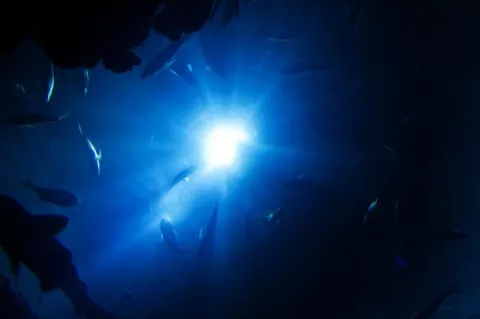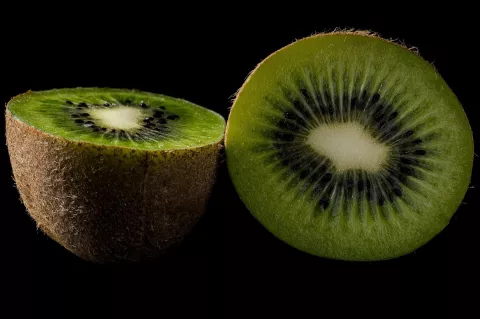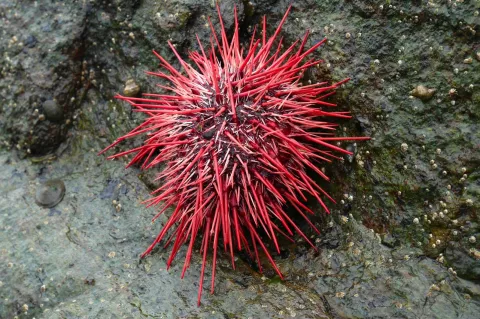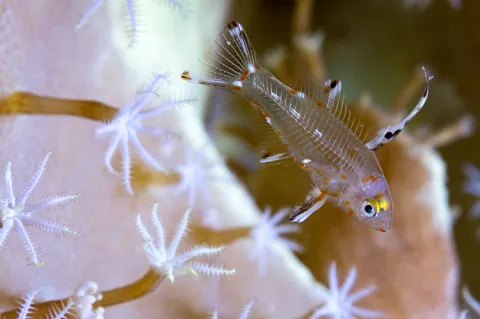Breathing from a free flowing regulator
What to do:
Hold the regulator second stage loosely in your mouth, allowing excess air to escape. If possible, angle your head slightly to avoid bubbles in front of your eyes.
- Read more about Breathing from a free flowing regulator
- Log in to post comments



